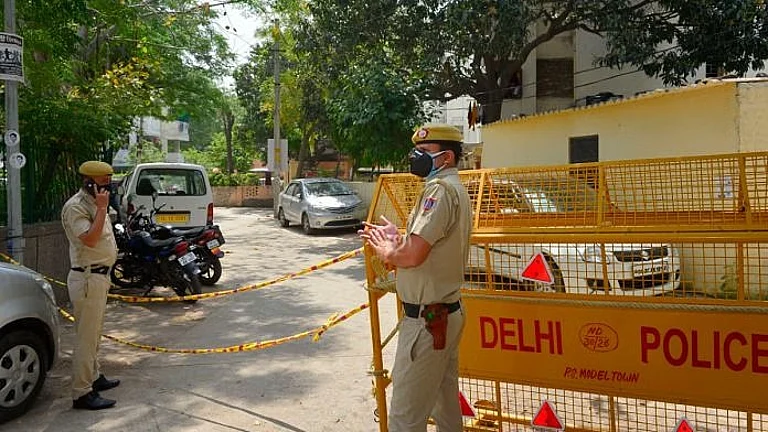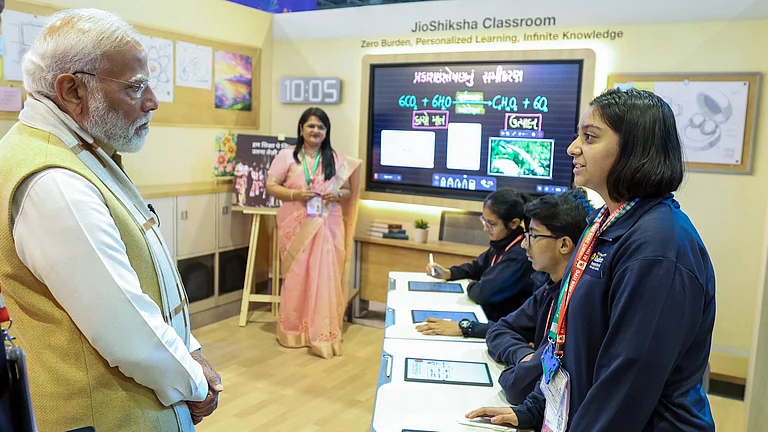
Summary of this article
Seven-year-old Iraqi boy with persistent tachycardia treated at Fortis Escorts Heart Institute, Delhi.
Rare electrophysiology study and radiofrequency ablation performed despite child’s low weight of 26 kg.
Child’s heart rhythm restored successfully, allowing full recovery and normal activities.
A seven-year-old Iraqi boy suffering from persistent, fast heart rhythms underwent a life-saving cardiac procedure at Fortis Escorts Heart Institute (FEHI) in Okhla, Delhi, after years of illness and limited treatment options in his home country. According to PTI, the child had been living with incessant tachycardia, a condition marked by abnormally high heart rates that can lead to heart muscle weakening and heart failure.
The boy, who weighed only 26 kilograms, was born with an abnormal electrical circuit in his heart. Upon arrival at FEHI, his heart rate ranged between 170 and 200 beats per minute, significantly higher than the normal range of 75–118 beats per minute. Doctors in Iraq had managed the condition with medication, which reportedly carried risks of toxicity and restricted the child’s quality of life, PTI reported.
After consultations, his family brought him to India, where specialists at FEHI performed an electrophysiology study and radiofrequency ablation, a procedure that destroys the faulty heart tissue causing arrhythmias. The hospital noted that such procedures are rarely attempted in children under 30 kilograms due to the heightened risks to small heart structures and delicate blood vessels.
The two-hour procedure successfully corrected the boy’s abnormal electrical pathway, restoring a normal heart rhythm. Dr Aparna Jaswal, director of the Department of Cardiac Pacing and Electrophysiology at FEHI, told PTI, “This was a highly complex and rare case. Normally such procedures are delayed until the child weighs more than 30 kilos. However, in this case his condition was worsening and could have led to heart failure if the treatment was delayed any further.”
She added that supraventricular tachycardia (SVT), the most common form of arrhythmia in children, affects an estimated one in 1,000 children worldwide. “The child has recovered well post procedure and has resumed normal activities after years of suffering. Pediatric ablations in such young and underweight patients are rare due to the risks of damaging the heart and blood vessels,” she said.
Dr Vikram Aggarwal, facility director at FEHI Okhla, further said that the hospital’s specialised Paediatric Electrophysiology Programme allows treatment of high-risk patients, including children from abroad who cannot access advanced care in their own countries.
The successful intervention highlights the potential for curative treatment in children with complex cardiac arrhythmias, even at a very young age and low body weight, according to PTI.
(With inputs from PTI)






















